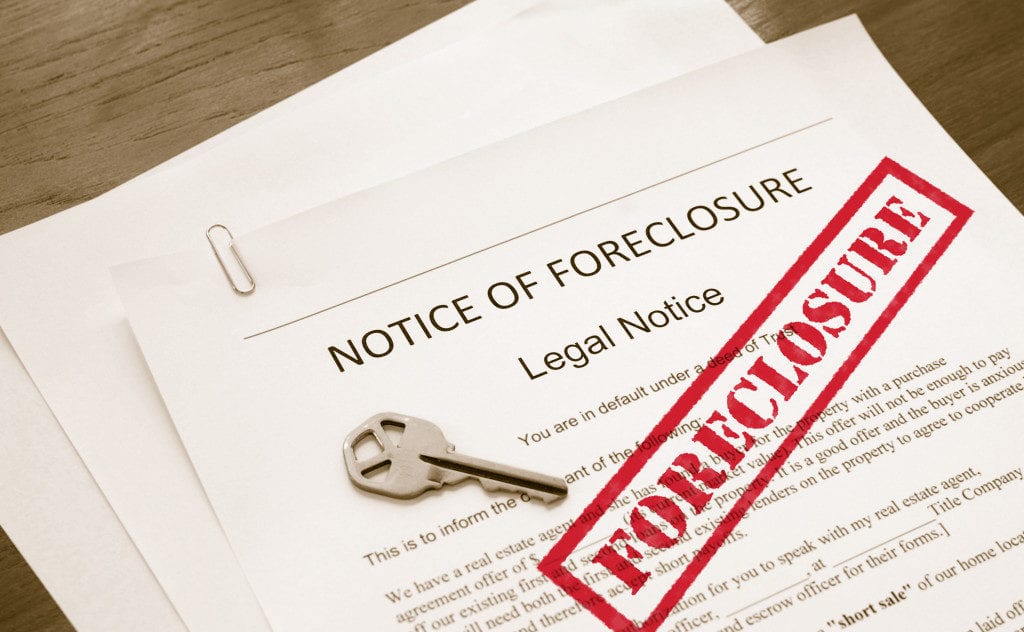Are you at risk of losing your home?

Foreclosure is a challenging and often distressing process that can have profound impacts on homeowners and their families. Understanding why people lose their homes to foreclosure and why some are unable to sell their homes before facing foreclosure can provide insight into the broader implications of financial distress. This article explores the obstacles associated with foreclosure, including the reasons behind foreclosure, the difficulties in selling a home during financial trouble, and the overall impact on individuals and communities.
1. Reasons Behind Foreclosure
1.1 Financial Hardship
The primary reason homeowners face foreclosure is financial difficulty. Several factors can contribute to this:
- Job Loss: Unemployment or reduced income can make it difficult for homeowners to keep up with mortgage payments.
- Medical Expenses: Unexpected medical bills or health crises can deplete savings and reduce the ability to pay mortgages.
- Divorce: Divorce often leads to a loss of household income and additional expenses, which can strain financial resources.
1.2 Mortgage Payment Issues
Problems with mortgage payments can quickly lead to foreclosure:
- Missed Payments: Missing a single mortgage payment can trigger a series of financial penalties and increased interest rates, making it harder to catch up.
- Underwater Mortgages: When a homeowner owes more on their mortgage than the property is worth, it can be difficult to sell the home or refinance the loan.
1.3 Loan Terms and Adjustments
Certain mortgage terms and adjustments can also lead to foreclosure:
- Adjustable-Rate Mortgages (ARMs): Homeowners with ARMs may face increased payments when interest rates rise, leading to payment difficulties.
- Predatory Lending: Some homeowners are subject to high-interest rates or unfair loan terms that can quickly lead to default.
2. Obstacles to Selling a Home Before Foreclosure
2.1 Negative Equity
One major obstacle is negative equity, where homeowners owe more on their mortgage than the home’s current market value.
- Market Conditions: In a down market or economic recession, home values may drop, exacerbating negative equity and making it difficult to sell the property for enough to cover the mortgage balance.
- Limited Buyer Interest: Properties with significant negative equity may not attract buyers, especially if they require substantial repairs or are in less desirable locations.
2.2 Financial Constraints
Homeowners facing foreclosure often have limited financial resources, which can hinder their ability to sell the home:
- Repair Costs: Homes in disrepair may require costly renovations or repairs before they are market-ready, adding to the financial strain.
- Upfront Costs: Selling a home involves costs such as real estate agent commissions, closing costs, and legal fees, which may be unaffordable for those struggling financially.
2.3 Time Constraints
The time constraints imposed by foreclosure proceedings can limit the opportunity to sell the home:
- Foreclosure Timeline: The foreclosure process can be lengthy, but once it begins, homeowners may have only a few months to find a buyer and close the sale.
- Urgency and Stress: The pressure to sell quickly under the threat of foreclosure can lead to rushed decisions, sometimes resulting in accepting lower offers or failing to secure a sale.
2.4 Legal and Procedural Complexities
Navigating the legal and procedural aspects of selling a home during foreclosure can be complex:
- Short Sales: A short sale, where the home is sold for less than the mortgage balance, requires lender approval and can be a lengthy process.
- Legal Restrictions: In some cases, foreclosure proceedings may limit the homeowner’s ability to sell the property or impose additional legal hurdles.
3. Broader Impacts of Foreclosure
3.1 Personal and Financial Impact
Foreclosure can have significant personal and financial consequences:
- Credit Damage: Foreclosure severely impacts a homeowner’s credit score, making it difficult to obtain future loans or credit.
- Emotional Stress: The foreclosure process can be emotionally draining, affecting mental health and overall well-being.
3.2 Community Effects
Foreclosures also impact communities at large:
- Neighborhood Decline: Vacant foreclosed properties can lead to neighborhood blight, lower property values, and increased crime rates.
- Economic Impact: High foreclosure rates can strain local governments and services, impacting community resources and economic stability.
4. Mitigation and Prevention Strategies
4.1 Seeking Assistance
Homeowners facing foreclosure should explore available resources:
- Counseling Services: Housing counseling agencies can provide guidance on managing finances, negotiating with lenders, and exploring foreclosure prevention options.
- Legal Aid: Legal assistance may help homeowners understand their rights and navigate the foreclosure process.
4.2 Exploring Alternatives
Several alternatives to foreclosure can be considered:
- Loan Modifications: Requesting a loan modification can result in adjusted payment terms and help avoid foreclosure.
- Refinancing: Refinancing the mortgage may lower payments and make them more manageable, though this option may be limited for those with negative equity.
- Short Sales: A short sale can help avoid foreclosure if the lender agrees to accept less than the outstanding mortgage balance.
Conclusion
Foreclosure presents significant obstacles for homeowners, including financial difficulties, negative equity, and legal complexities. Understanding these challenges and exploring available resources can help mitigate the impacts of foreclosure. While the process is daunting, proactive measures, such as seeking assistance and considering alternatives, can provide valuable options for homeowners struggling to maintain their homes. By addressing the underlying issues and leveraging available support, homeowners can navigate the foreclosure process more effectively and work towards a resolution that minimizes long-term consequences.